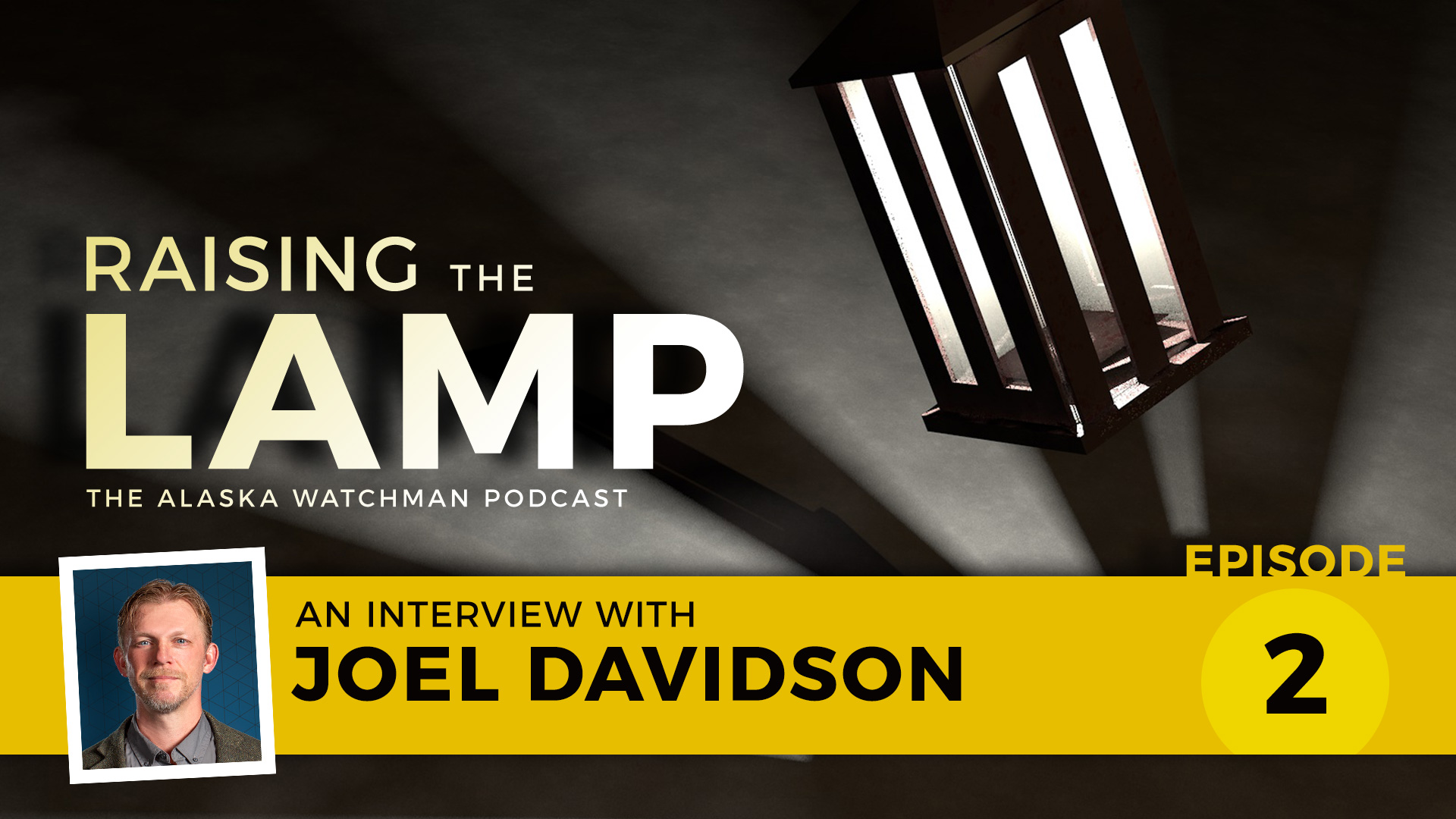
A second staff member at Bartlett Regional Hospital in Juneau was taken to the emergency department after getting the Pfizer COVID-19 vaccine. According to a Dec. 16 statement from the hospital, the man experienced eye puffiness, light headedness and a scratchy throat 10 minutes after being injected.
“He was taken to the Emergency Department and administered epinephrine, Pepcid and Benadryl,” the hospital explained, adding that the man felt “completely back to normal within an hour and was released.”
Earlier in the day, the Alaska Department of Health and Social Services sent out a notice about a health worker at the Juneau hospital who had a severe anaphylactic reaction to the vaccine. She is still hospitalized and under observation, while recovering.
Her reaction was serious but not life threatening, said Emergency Department Medical Director Lindy Jones. She noted that the woman had no known previous allergies or adverse reactions to vaccines. According to the hospital, both staff members are still encouraging their colleagues to get vaccinated.
Four hundred Bartlett staff signed up for the COVID-19 inoculation. Over the past 24 hours, 144 doses of the vaccine have been administered in phase one. Staff will receive their second booster dose in three weeks.
Alaska’s Chief Medical Officer Anne Zink said the state would not be holding press conferences or publishing data on the state’s website each time a person has a negative reaction to the vaccine.
“This was new, and this was a significant one so we really wanted to make sure that information was getting out there, but we do not expect to dashboard with numbers,” she said in a Dec. 16 public Zoom meeting.
ALASKA WATCHMAN DIRECT TO YOUR INBOX
State Epidemiologist Joe McLaughlin was also on the Zoom meeting. He said vaccinated Alaskans should not think they can stop social distancing, mask wearing or hand washing because the vaccine does not guarantee that they are 100% free of the virus, and they “might still be able to spread it.”
“The answer is we don’t know yet,” he said of the possibility that vaccinated people might be able to spread the virus. “So, we are going to continue to follow the science in the weeks and months ahead.”
In terms of how long the vaccine will be effective, that too is unknown, McLaughlin said.
“It’s speculative at this point but we are keeping our fingers crossed that it’s going to be at least a year and it could be two or three years,” he said. “We’ll just have to follow the science on this, and I don’t think we’ll know the answer to that question for many months.”
The massive roll out of vaccines comes at a time when daily COVID case counts are already beginning to decline in Alaska, despite the fact that vaccines were not available.
“The overall trend seems to be flattening so we’re really encouraged by that. We don’t have any sort of back log or any big pile we are working on,” said Dr. Louisa Castrodale, an epidemiologist with the state. “We are seeing quite a bit of a flattening.”








12 Comments
I love the Lord because he hath heard my voice psalms thank you for the news America always gave and gives. Scotus page petition 20-574, 20-542 and 20-472 are of emphasis to myself perhaps my brothers (Galatians) in Alaska
It’s disturbing to me that Anne Zink has decided not to report adverse reactions to the vaccine that would allow people have all the information necessary to make an informed decision as to wether or not they are going to get one. Science always records reactions, it’s the law, why no transparency going forward?
Totally agree with this statement ^^^ yeah we’ll definitely scare the public daily with the “positive cases” because we need the public to be afraid of the possibility of being hospitalized from catching covid, but let’s not give them any info on the number of folks actually being hospitalized due to the vaccine. Because it doesn’t fit their narrative. If the “medical experts” wants folks to take the vaccine please give all the information, whether they be good or bad so folks can weigh the risk and make an inform decision.
Mask of the Beast >>>> Vaccine of the Beast >>>> Mark of the Beast
I totally agree. COVID on blast – I can’t think of a single reason not to measure the effect of the vaccine and make it public. Well. I could think of reasons but none that logically apply to both the COVID19 Media coverage & the vaccine
Exactly my thoughts
I’ll jump in and say I agree with Ms. Reindl’s comment also! Dr. Zink reveals the double standard–fear, FEAR, FEEAAARRR COVID!!!! But never, ever hear anything that could possibly dissuade you from taking the vaccine! Follow the science? Or obey the propaganda?
I’ll trust my healthy body to fight this and become immune if I catch your demRona. If you’re injected with this vaccine/virus…. shouldn’t you be quarantined for 2 weeks?
Dr Zink needs to quit her double standards… its ok to put fear into the world from fake covid nu.bers but not ok to shoe reactions to the vaccine?
Still need to social distance, wash hands and wear masks? Whats the point???? I wont take it…
Too many FDA approvals end up being recalled and causing lawsuits. I don’t see the positive in rushing something so important. Much isn’t making sense.
Narratives don’t have to make sense. Narrative is wording that makes sense of and guides a story line. Stories aren’t necessarily true.
Inundate the governor’s offices, all of them, and email; here’s the link to the contacts: https://gov.alaska.gov/contact/
The only way they, might, listen is for us to bug the tar out of them until they provide the information we need to make OUR OWN choices.
2 Trackbacks and Pingbacks